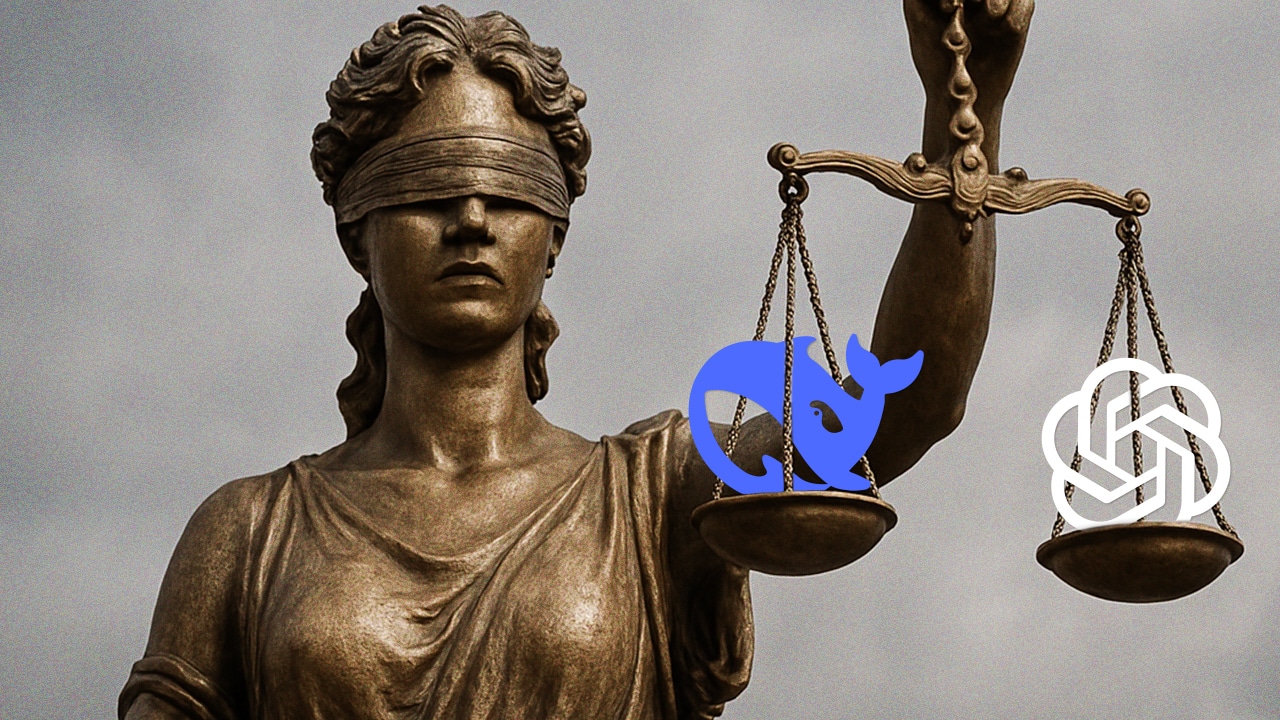
Credit: Outlever

There are a lot of AI companies in legal that are focused on B2B use cases—helping big law firms or in-house legal teams work more efficiently. That’s interesting, but there’s huge potential for AI to help everyday people with a wide range of legal problems.
Michael Stych
CEO and Co-Founder
Contend Legal
AI is transforming the world of B2B, streamlining operations and reshaping how companies work. But while businesses reap the benefits, everyday people facing real-world challenges—like unfair firings or workplace discrimination—are often left behind. Now, Contend Legal is picking up the cause, using AI to deliver accessible, real-time legal help to those who need it most.
B2B priority: "There are a lot of AI companies in legal that are focused on B2B use cases—helping big law firms or in-house legal teams work more efficiently," says Michael Stych, CEO and Co-founder of Contend Legal. "That's interesting, but there's huge potential for AI to help everyday people with a wide range of legal problems."
The front door: Contend Legal aims to be the "front door of legal help on the Internet." Their AI-powered platform allows users to ask legal questions in plain language, receive accurate information, generate basic legal documents, and—when needed—connect with a human legal expert. It's a solution tailored for people navigating emotionally and financially stressful situations, from unfair termination to workplace harassment and discrimination.
One of the most common questions users bring to the platform is, "Where do I stand?" That uncertainty, Stych says, is at the heart of many employment law inquiries. Contend's AI helps users break down their legal problems and identify what next steps are possible, whether that's pursuing further legal action or simply understanding their rights.

There aren’t many companies doing [legal] B2C and I think there’s a cool opportunity here to build a generational company. One that’s not just successful financially, but also has an enormous impact on people’s lives. Access to justice is a global problem. We’re solving one piece of the puzzle, but there are so many more.
Michael Stych
CEO and Co-Founder
Contend Legal
Legal accuracy: But building AI for legal support comes with serious responsibility. "Most platforms aren't optimized for legal accuracy," Stych explains. “You might not know the right questions to ask, so you won’t get the right answers. Our system is designed specifically to guide people through the legal diagnosis process, then either help solve the issue or point them in the right direction."
The Trustpilot factor: A key part of that responsibility is being transparent about the role AI plays. Contend makes a deliberate choice not to pretend the AI is human. "I don't want people thinking they're speaking to a person if they’re not. That's misleading," Stych says. "Being clear and honest isn't just good ethics—it's good business. Legal is a reputation game. We've got great reviews on Trustpilot, and we want to keep it that way."
Justice for all: While the company is focused on helping individuals, the broader mission is much bigger: reshaping access to justice. "There aren't many companies doing B2C and I think there's a cool opportunity here to build a generational company," Stych says. "One that's not just successful financially, but also has an enormous impact on people's lives. Access to justice is a global problem. We’re solving one piece of the puzzle, but there are so many more."